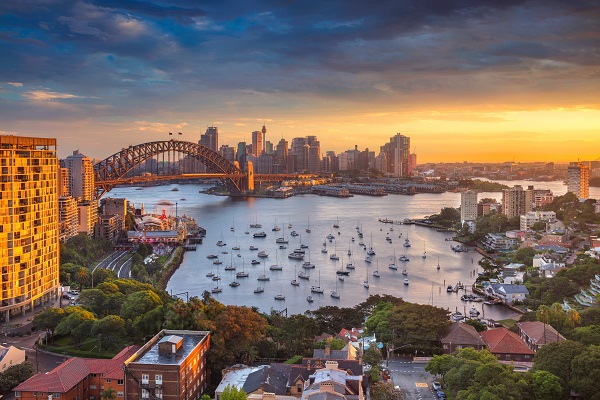
Why it’s important to let your destination shape hotel culture
Building your hotel culture to reflect that of the local community may go a long way to securing your property more bookings. Being able to stand out from the competition is a rare and powerful trait if your hotel is able to manage it.
There are certainly some travellers who prefer their hotel to be like a ‘home away from home’, but many more are looking for something new, authentic, and engaging. Recent times have seen the rise of wellness travel and experience-based trips that focus on the entire destination, not just a hotel and its rooms. A service like Airbnb is generally entrenched within local culture and it’s something hotels should be looking towards as they strive for bookings.
What should hotels do to foster a cultural connection?
Depending on the property, the ways to achieve a greater affinity with the local community may vary and it’s a complicated process to find the right balance between providing luxury and giving guests a thorough connection to local culture.
The question seems to be; is it more important for guests to connect with your brand, or the culture in which your brand is situated?
It must be noted your hotel should reflect the culture, not exploit it, because people will be able to tell the difference and the last thing you want to do is alienate guests with an insensitive experience. While authenticity is hard to achieve, it should be the ultimate goal.
Some brands are already doing this to varying degrees. Ritz-Carlton uses local food trucks on its premises while in New York. Roger Smith brings local shopping straight to guests with pop-up stores. And there are other, more extreme, examples across the world where the balance is tipped in favour of authenticity over brand character – but for the most part this is what travellers expect.
Note the Native American-themed Sheraton Wild Horse Pass Resort and Spa. Guests want to be surprised and delighted by things they haven’t seen or experienced before.
If guests check in to a hotel in China and it feels the same as a hotel in Sydney, they’d be entitled to feel disappointed. Every hotel – even in a chain – should have a sense of its own charm based upon its location. It’s not only about catering to incoming traffic but also assimilating and feeling a part of the surrounding community.
Often, local inhabitants can be negative about incoming tourism and don’t take a kind attitude towards big hotels, but if your hotel is making an effort to stay true to parochial values.
How will a cultural connection help hotels get ahead?
All travellers, even many business travellers will appreciate a taste of local flavour. The first step is to let the culture of your destination shape the design and decor of your hotel.
This way, your guests won’t feel like they’ve flown thousands of kilometres to sleep in the same city as the one they left. If your hotel is circumferenced by the iconic architecture, your hotel should feel the same, be it sweeping high ceilings or intricately woven corridors.
If travellers are comparing this with another, more generic property it’s obvious what they’ll choose.
Hotels can also create ‘culture’ packages that give guests the experience of local cuisine, combined with visits to local shows and attractions that will immerse and educate them in a manner that can’t be emulated anywhere else.
Enriching your hotel culture with local influence can only end positively for guest and host alike and doing so will keep you in line with the progressive movements of the industry as a whole.
Dean Elphick is an editor, copywriter, and published creative writer. Covering hotel management topics such as technology and digital marketing, he produces content at SiteMinder with one aim in mind – to help hoteliers run their businesses better.







